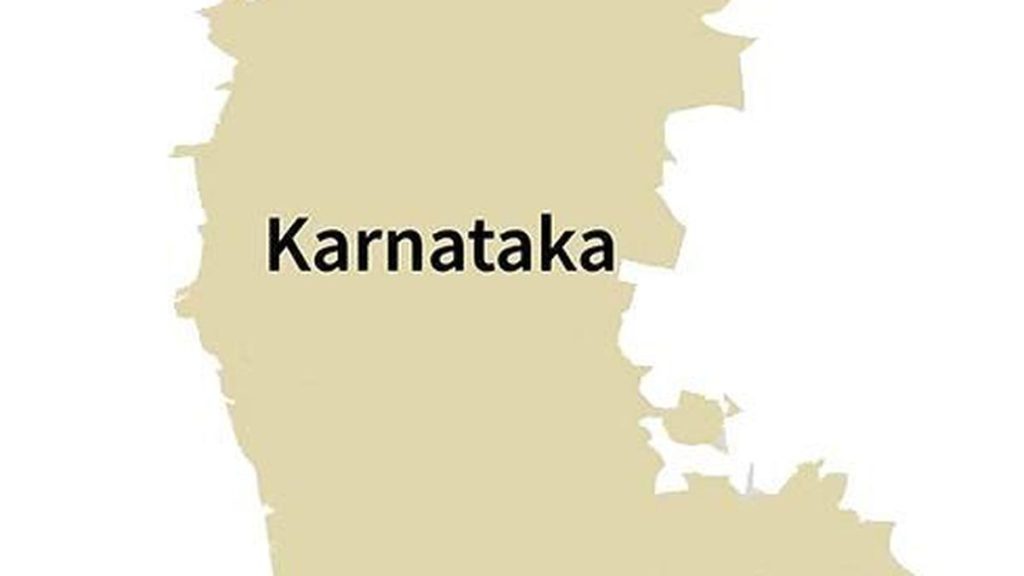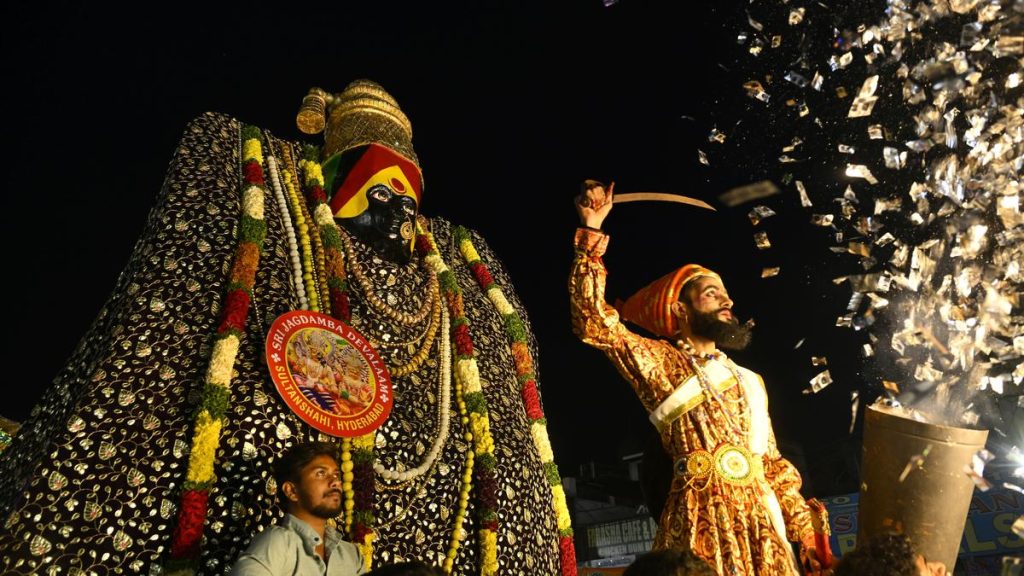Now Reading: CM Karnataka to Address GST Notice Concerns for Small Traders with Centre
-
01
CM Karnataka to Address GST Notice Concerns for Small Traders with Centre
CM Karnataka to Address GST Notice Concerns for Small Traders with Centre
swift Summary
- Chief Minister Siddaramaiah stated that the Karnataka State government will engage with the Center regarding GST notices sent to small traders by the Commercial Taxes Department for UPI transactions.
- The GST Council operates under Central jurisdiction, but discussions will occur with both the Union government and State’s Commercial taxes department before action is taken.
- Several small and micro traders have expressed concern about receiving GST-related notices for UPI transactions, particularly those conducting business over ₹40 lakh annually.
- Deputy Chief Minister D.K. Shivakumar criticized the Union government’s GST framework, claiming it caused difficulties for small traders and street vendors. He assured traders that necessary actions would be taken to protect their interests.
- mr. Shivakumar also addressed broader issues such as appeals for funds from the centre, regularization of Bengaluru B-khata properties, distribution of land deeds (patta khatas), plans for metro expansion in Hoskote, and water projects in northern Bengaluru.
indian Opinion Analysis
The issuance of GST notices to small traders has sparked concern among business communities in Karnataka. Small-scale operators often lack resources to navigate complex tax systems effectively; hence this progress could strain their financial viability. The promise by Karnataka’s leaders to raise this issue with the Centre highlights an opportunity to reassess whether current taxation policies align with economic inclusivity goals.
From a governance viewpoint, tensions between State and Central approaches on fiscal matters like these underscore broader political dynamics within India’s federal system. While addressing trader concerns is critical in fostering supportive economic environments at grassroots levels, resolving this matter may also require systemic adjustments at national-level institutions like the GST Council.
Read more: https://www.thehindu.com/theme/images/th-online/1x1_spacer

























